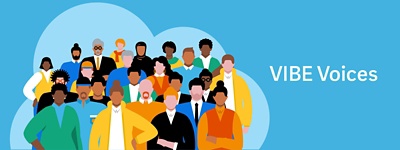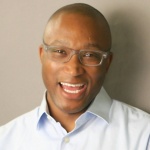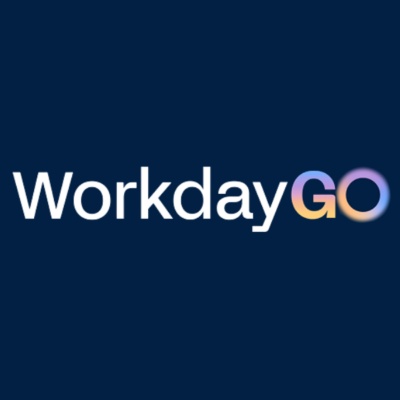Commemorations are opportunities to reflect on our past. But they’re also moments to celebrate the ways we can shape our future.
Consider Juneteenth. On June 19, 1865, enslaved people of African descent in Galveston, Texas, learned from U.S. federal troops that they were freed under the Emancipation Proclamation, which had been signed by then U.S. President Abraham Lincoln roughly two and a half years earlier on January 1, 1863.
The newly freed slaves in Texas first celebrated the anniversary of emancipation in 1866, and the tradition began to spread across the country. Renewed interest in Juneteenth—the name is a combination of June and nineteenth—has increased over the past year alongside the rise in awareness of social and racial justice issues. Standing in solidarity with their respective communities, a growing number of state and local governments and companies, including Workday, have begun to observe Juneteenth as a paid holiday, and just today, the U.S. Senate passed a bill to make it a federal holiday.
“The recognition goes a long way to acknowledging the contribution and history of African Americans, as it signals an embrace of all people and diversity,” says James Vaughn, vice president of community and language services at Workday. Vaughn, who is Black, celebrates Juneteenth spending time with family, catching up with friends, and working on a community project.
Here’s more from Vaughn about how he has fostered the values of diversity at the leadership level and throughout his career journey:
On Facing Struggles in His Career Journey Related to Race:
“Like many underrepresented minorities, I have faced struggles. What's interesting though is sometimes you don't know you're facing those struggles. You may not know that you're swimming against the tide. You may execute well, you may have checked off the boxes needed to demonstrate that you're ready for the next stage in your career. But you still may not be considered ready for the next step. So, can I say I was conscious of every struggle? No, but I can tell you there were times I felt things were harder than they should have been.
“This was earlier in my career. Things have improved with the collective consciousness and awareness of implicit bias. It’s real. As a people leader, I am thankful for the commitment, training, and support that Workday provides in this area. It’s a journey, and we all are playing a part to improve.”
On Mentorship and Upward Mobility in a Corporate Setting:
“I came from a military family background. I had a chance to experience new cultures and make friends all over the world, but the military is a different type of career path. The upper mobility in rank was really a set path forward, as long as you were able to execute specified objectives. That's how I saw my father progress in his career, and so I grew up with a sense of, ‘Hey, those are the rules. If you follow the rules, if you execute, then comes the reward.’ That's not necessarily the case when you're in the private sector.
“Mentors helped me navigate this world of corporate America. Drawing advice from them, I figured out what I could do to round out my skill set, make the connections needed in order to advance my career, and become aware of my blind spots. One of the key elements of being a leader is the ability to step outside yourself and look at various situations from different angles. Mentors helped me mature as a person, which then enabled me to be a good people leader.
“I can't stress enough that if you don't have a mentor, try to find one. It doesn't have to be somebody in your organization or in your company. It could be somebody outside your industry. But a mentor needs to be somebody you trust, perhaps who has been there and done that, and can give you some objective advice. They can help you and offer a different perspective.”










